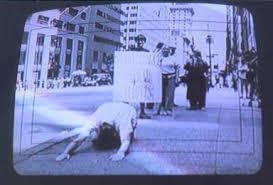Prayer




The question that I finished with yesterday was how we discern the theologically significant marks of identity in our culture. I don't think I'm going to get much further with this until I've thought it out some more. It's more than possible that my whole question is pointless.
What I want to think about are how certain Christian practices work in the middle of a consumer culture. There are many, but I want to think about them in three blocks: prayer, liturgy and fellowship. Each of them (even the three together) can be terribly introverted and self-regarding. But that is to get them wrong. Each should be evangelistic and outward reaching. Today I'll think a little about prayer.
Prayer is the space given over to encounter with God. It is inherently attractive. To teach people to pray is evangelism - if they pray then they will come to God. Above all, prayer is something God does in me and that I join in. Prayer, as and because it is encounter with the living God, is not something that is consumed. Rather it consumes me.
Prayer is, therefore, resistant to our culture. And the practices of prayer are practices of resistance - thanksgiving (rather than payment), fasting (rather than consuming), silence (an absence), lament (rather than acceptance of what is), intercession (rather than obedience to power), confession (rather than self justification).
In prayer we have something to offer a consumer culture. But true prayer will also resist that culture and transform us.
Comments